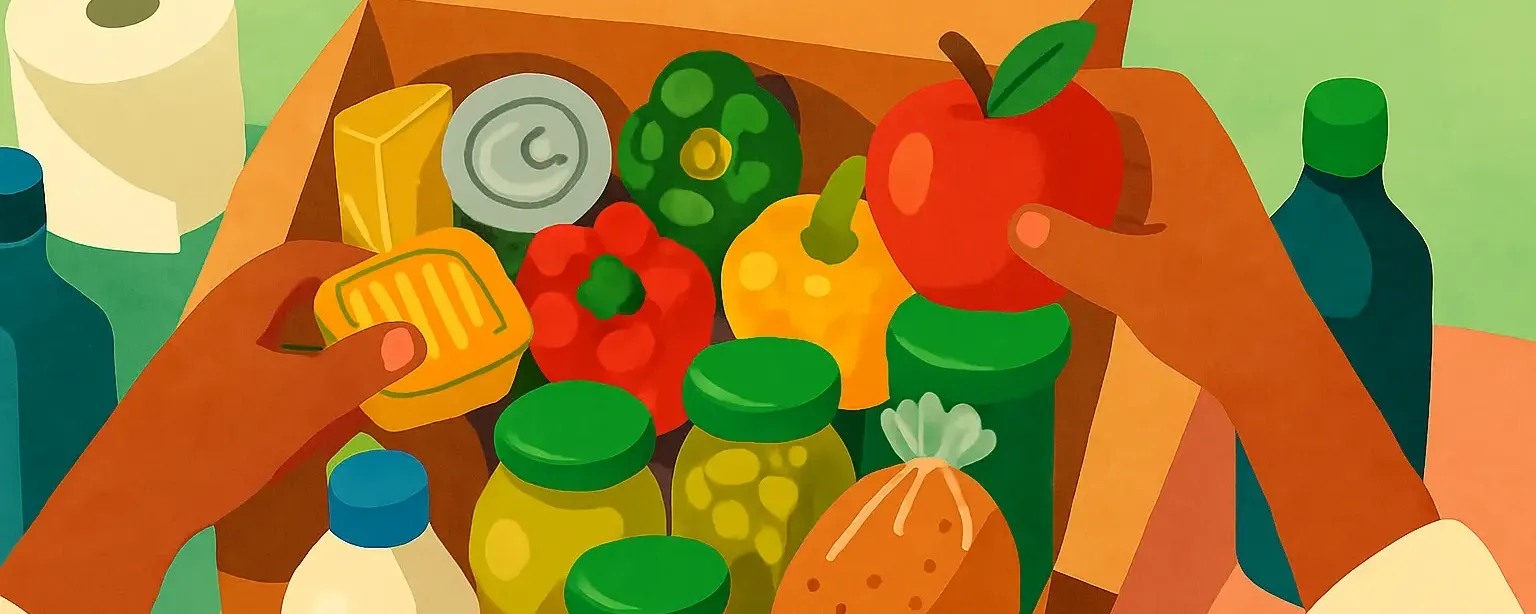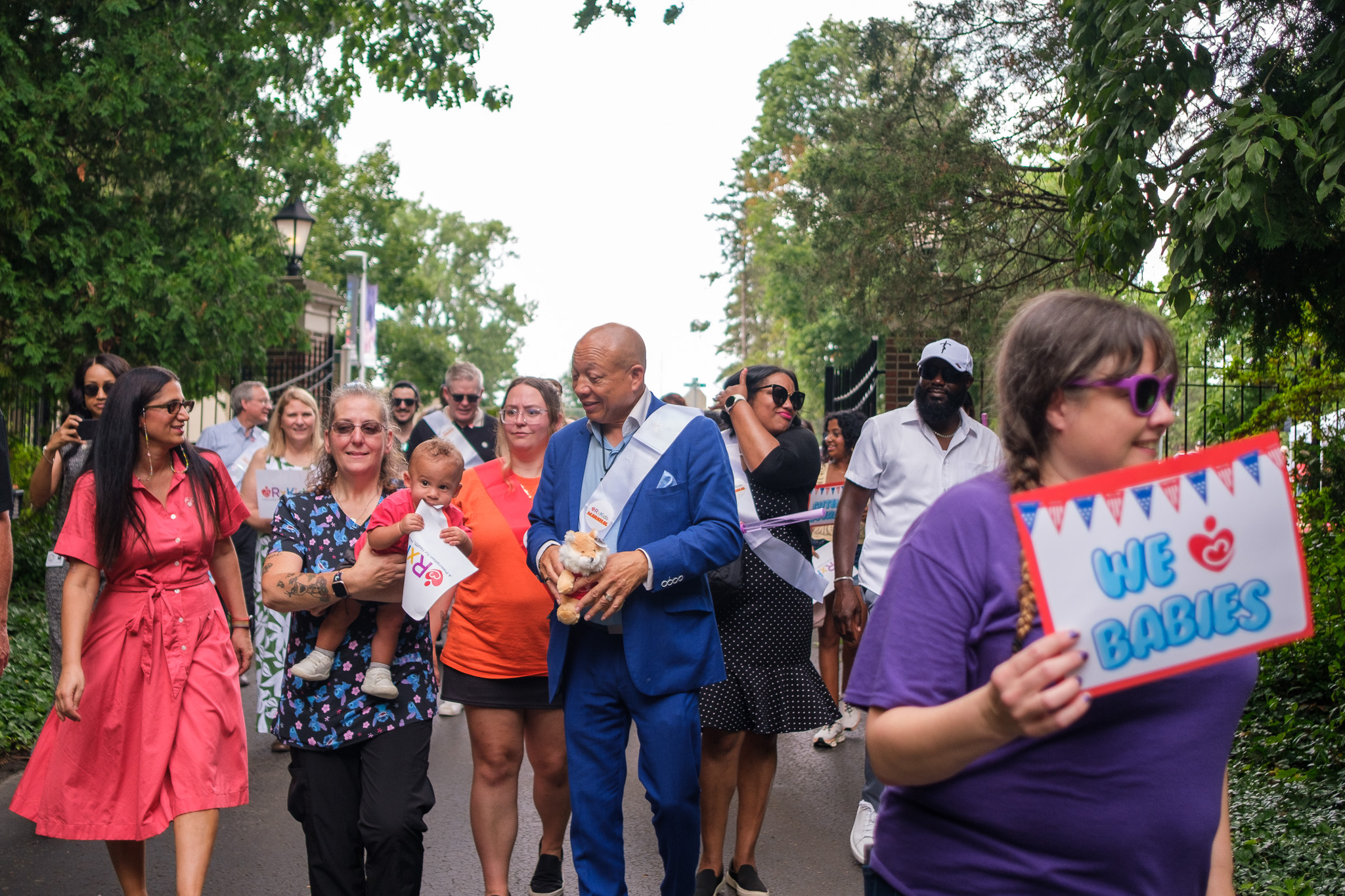I’m writing this with a heating pad on my back, a lukewarm cup of tea next to me, and a to-do list I’ve already given up on. Welcome to my glamorous life in medicine.
For years, I told myself I could manage it all: a full clinical schedule, academic projects, meetings that should have been emails, and the endless stream of late-night texts and evening Zoom calls from students and colleagues who needed “just a minute” of my time. I kept smiling. I kept showing up. I kept telling myself I was lucky to be here — that people like me didn’t always get a seat at these tables, so I had to make it count.
And if I’m being honest, I was good at it. Too good. So good, in fact, that no one noticed how much it was costing me.
What people didn’t see were the days I came home too exhausted to interact with my kids. The piano recitals I missed. The nights I lay in bed staring at the ceiling, wondering if I could keep this pace up without breaking something I couldn’t fix. Wondering if that something would be me.
They didn’t see the medical appointments squeezed in between meetings, the flare-ups I worked through in clinic, or the pain that made me cancel plans with friends until the invitations stopped coming. And when I finally scaled back my clinical hours to prioritize my health, I thought I’d feel relief.
I didn’t. I felt guilt.
Guilt that I was leaving my patients. Guilt that I couldn’t take on one more committee. Guilt that I wasn’t pulling my weight. Guilt that I wasn’t the mom, partner, colleague, or physician I wanted to be.
And because medicine and academia are what they are, no one said, “Hey, you’ve done enough.” Instead, there were more asks. More invitations to join panels, lead projects, and mentor “just one more” person. The unspoken assumption that because I’d lived through hard things, I could be the one to carry other people’s emotions, too. And while I care deeply about my students, my patients, and my colleagues, that kind of invisible labor is heavy. It takes time, energy, and heart. And it rarely shows up on a performance review.
Here’s what I’ve learned: No matter how hard you work, how many things you say yes to, or how much you pour yourself out for others, it will never be enough. And it was never supposed to be.
Our current systems in medicine and academia weren’t designed to be sustained by sheer willpower, especially not by those of us navigating disabilities, chronic illness, caregiving, or personal losses behind the scenes. Or sometimes, all four at once.
The culture of relentless productivity in medicine — this unspoken expectation that we should work ourselves to the edge of collapse because it’s “for the greater good” — isn’t noble. It’s dangerous. It drives good people out of the profession, isolates those who stay, and reinforces a system where asking for help or setting boundaries feels like failure.
I’ve made peace with the fact that I can’t hold it all together anymore. And I shouldn’t have to.
I know I’m not the only one reheating the same cup of tea, sitting in the dark of their office, wondering how we got here. I’m writing for the colleagues who are one health scare away from stepping back. For the parents missing another bedtime. For the physicians and educators who feel like they’re failing everywhere, while simultaneously doing everything humanly possible.
You’re not failing. The system is.
The good news is, I’m still here. I still love my work. I still believe in the power of medicine and education to change lives. I still believe in showing up for people. But I’ve learned to show up for myself, too. To remember that my worth isn’t measured by how much of myself I’m willing to sacrifice.
I’ve started saying no. No extra committees, no late-night emails, fewer after-hours meetings, and no to projects I’m not passionate about. I’m intentionally leaving gaps in my calendar. I’m asking for help and delegating work. I’m setting boundaries and holding them, even when it’s uncomfortable. I’m asking my team to hold me accountable. I don’t know what effect this is having on my career. And I’m OK with that. I’ve done a lot. I do a lot. And it’s enough for me. What I do know is I am more present.
This isn’t just about individual choices; the culture needs to change, too. Health care institutions and academic centers should stop celebrating people for doing the impossible and start recognizing that everyone has limits. We need leaders who model balance, who tell their teams, “You’ve done enough today.” We need performance reviews that value emotional labor, mentoring, and the invisible work that holds departments together. And we need to create space for people to be human without fear that it will cost them professionally.
To my patients, my students, my family, and myself: I’m still learning how to balance it all. Some days I get it right. Most days, I don’t.
This profession is beautiful and brutal. It asks so much of us. But it doesn’t need martyrs. It needs honest, flawed, human people willing to tell the truth about what it costs to stay.
Tonight, I’m keeping my heating pad. Tonight, I’m finishing my tea. Tonight, I’m going to bed early. Tomorrow, I’ll get back to work. Tomorrow, I’ll kiss my kids goodnight. Tomorrow is another day.
And for now, that’s going to have to be enough.
Cara Poland, M.D., M.Ed., is a board-certified addiction medicine physician, associate professor at Michigan State University College of Human Medicine, and national advocate working to expand access to evidence-based, compassionate care for people with substance use disorders through research, policy, and workforce training.
Get the latest updates on our programs and initiatives.


